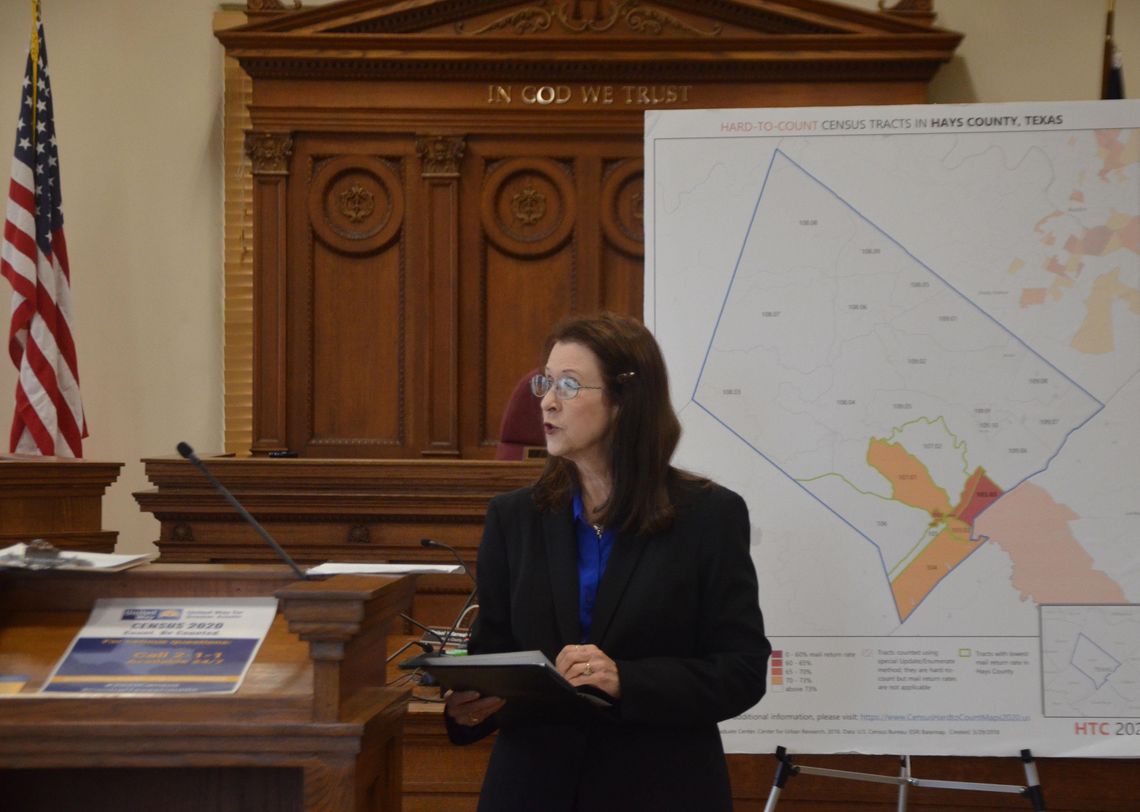Hays County and San Marcos residents will be able to call 2-1-1 to receive information on the 2020 U.S. Census with the help of the United Way for Greater Austin.
The Complete Count Committees of Hays County and San Marcos held an introductory event Tuesday to give detail on the 2-1-1 hotline.
“For the census, (2-1-1) is going to be the information connector. People can call 2-1-1 to find out how to fill out the census,” said Michelle Harper, president and CEO of the United Way of Hays and Caldwell counties.
PLEASE LOG IN FOR PREMIUM CONTENT. Our website requires visitors to log in to view the best local news.
Not yet a subscriber? Subscribe today!







